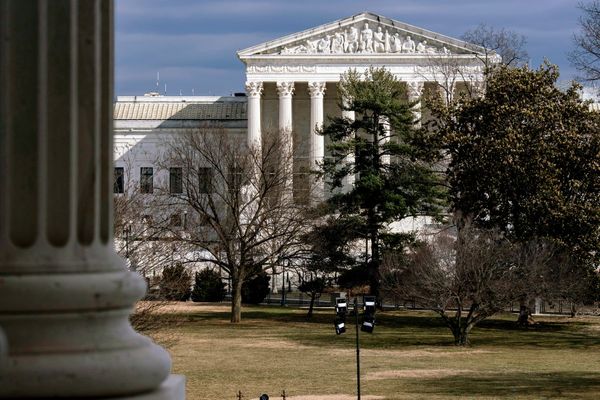A fourth shot of the Pfizer COVID-19 vaccine increased protection against viral infection for only four to seven weeks, according to a massive study published Tuesday.
The study included 1.25 million people age 60 and over in Israel who received their fourth dose between January and March. Israel uses only the Pfizer vaccine.
People who got the fourth dose were half as likely to test positive for COVID-19 four weeks later when compared to people who only had three doses, according to the study.
But by the eighth week, the groups were almost equally likely to catch COVID-19, researchers found.
The fourth shot was the subject of much debate before U.S. regulators approved it last week for people age 50 and older. The second booster had already been approved for immunocompromised people. President Joe Biden, 79, got his on March 30.
While increased protection against infection was short-lived, the fourth booster continued to protect against severe illness for at least six weeks, the study found. The research period actually ended before the protection did, leading researchers to suggest future studies.
The study compared only people with the fourth dose to people with a third dose. Previous research had suggested that the third dose provided a significant bump in infection protection over zero, one or two doses.
Only about 30% of the U.S. population, 98 million people, has received a third dose, according to Centers for Disease Control data.
“For confirmed infection, a fourth dose appeared to provide only short-term protection and a modest absolute benefit,” the study’s authors wrote.
“Overall, these analyses provided evidence for the effectiveness of a fourth vaccine dose against severe illness caused by the omicron variant, as compared with a third dose administered more than 4 months earlier.”
———







